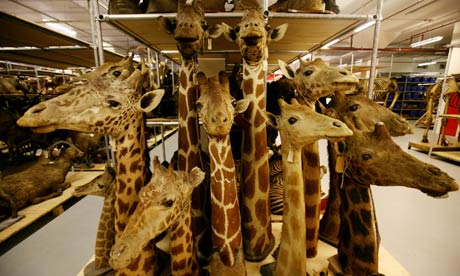 The moratorium on commercial whaling, one of the environmental movement's greatest achievements, looks likely to be swept away this summer by a new international deal being negotiated behind closed doors.
The moratorium on commercial whaling, one of the environmental movement's greatest achievements, looks likely to be swept away this summer by a new international deal being negotiated behind closed doors.
The new arrangement would legitimise the whaling activities of the three countries which have continued to hunt whales in defiance of the ban – Japan, Norway and Iceland – and would allow commercial whaling in the Southern Ocean Sanctuary set up by the International Whaling Commission (IWC) in 1994.
Conservationists regard it as catastrophic, but fear there is a very real chance of its being accepted at the next IWC meeting in Morocco in June, not least because it is being strongly supported by the US – previously one of whaling's most determined opponents.

 Environmental Glance
Environmental Glance Dirty water is killing more people than wars and other violence, the United Nations announced on World Water Day. Almost all dirty water produced in homes, businesses, farms, and factories in developing countries is washed into rivers and seas without being decontaminated.
Dirty water is killing more people than wars and other violence, the United Nations announced on World Water Day. Almost all dirty water produced in homes, businesses, farms, and factories in developing countries is washed into rivers and seas without being decontaminated. The internet has emerged as one of the biggest threats to endangered species, according to conservationists who are meeting in Doha, Qatar. Campaigners say it is easier than ever before to buy and sell anything from live baby lions to polar bear pelts on online auction sites and chatrooms.
The internet has emerged as one of the biggest threats to endangered species, according to conservationists who are meeting in Doha, Qatar. Campaigners say it is easier than ever before to buy and sell anything from live baby lions to polar bear pelts on online auction sites and chatrooms. Delegates gathered in Doha, Qatar for a global conference aimed at protecting imperiled species rejected a proposal Thursday that would have banned international trade of Atlantic bluefin tuna, a coveted fish whose numbers have dropped steeply in recent decades.
Delegates gathered in Doha, Qatar for a global conference aimed at protecting imperiled species rejected a proposal Thursday that would have banned international trade of Atlantic bluefin tuna, a coveted fish whose numbers have dropped steeply in recent decades. IBM researchers on Tuesday said they have discovered a way to make Earth-friendly plastic from plants that could replace petroleum-based products tough on the environment.
IBM researchers on Tuesday said they have discovered a way to make Earth-friendly plastic from plants that could replace petroleum-based products tough on the environment. Nobel Prize-winning economists and scientists will deliver a letter to the U.S. Senate today, urging lawmakers to require immediate cuts in global warming emissions. The letter was signed by more than 2,000 prominent U.S. economists and climate scientists, including eight Nobel laureates, 32 National Academy of Sciences members, 11 MacArthur "genius award" winners, and three National Medal of Science recipients.
Nobel Prize-winning economists and scientists will deliver a letter to the U.S. Senate today, urging lawmakers to require immediate cuts in global warming emissions. The letter was signed by more than 2,000 prominent U.S. economists and climate scientists, including eight Nobel laureates, 32 National Academy of Sciences members, 11 MacArthur "genius award" winners, and three National Medal of Science recipients.  For the first time since the dinosaurs disappeared, humans are driving animals and plants to extinction faster than new species can evolve, one of the world's experts on biodiversity has warned.
For the first time since the dinosaurs disappeared, humans are driving animals and plants to extinction faster than new species can evolve, one of the world's experts on biodiversity has warned.






























